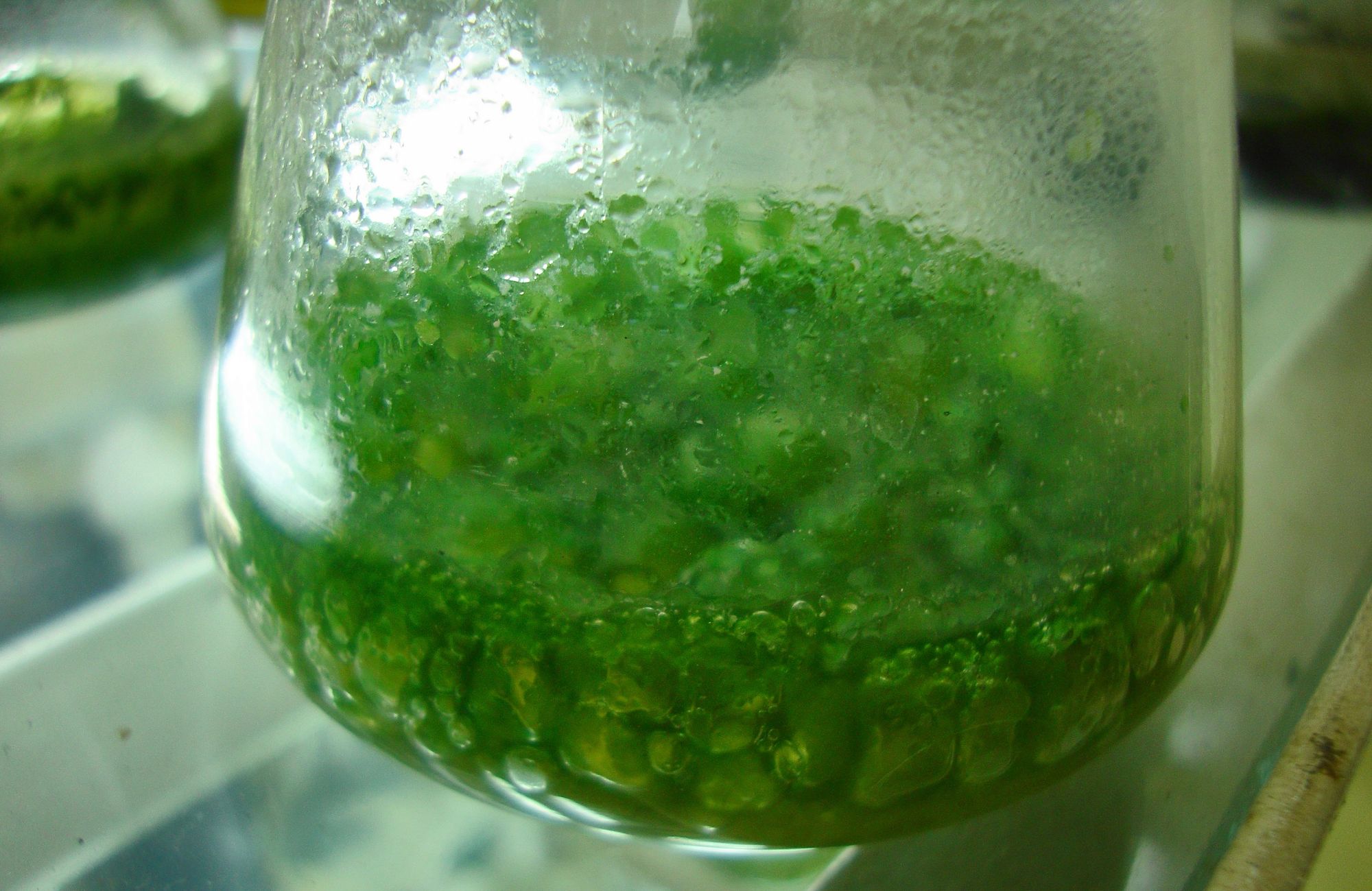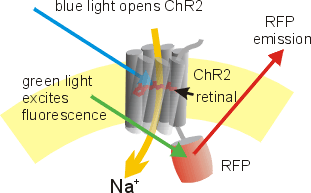Science as Analysis and Art
A lot of what I enjoy writing about is how scientists think about the world. I like to share those perspectives and to invite everyone into scientific discussion. I tend to focus on the interface between scientific research and the public because I see problems there, and I strongly believe that for academic science to influence the world in a quick and meaningful way, the interface between scientific research and the public must be strong! I also focus on analysis and thinking: how do scientists approach problems, what is the evidence and logic behind certain scientific arguments, how can we bring a more rigorous, scientific analysis to other domains of life and public policy?
Something that I’ve spent much less time talking about, but want to start writing more about, is the creative and artistic side of science. So today I wanted to briefly introduce one of my favorite aspects of scientific creativity – using mother nature as a muse.
Why Nature is Such an Incredible Inspiration
There is incredible opportunity to be creatively inspired by nature because there is a huge variety of life on Earth, but life’s fundamental mechanisms are basically uniform. Life arose from more and more complex strategies for replication, and as far as we can tell, all the living things on Earth came from the same origin. That shared origin makes biology super easy compared to what it could be. Biochemistry follows the same sorts of rules, replication occurs in the same sorts of ways, genetic information is stored in similar ways, and biological structures are built the same sort of way. Of course, there is a huge variety of biological strategies, but we don’t need to study a new field of chemistry and genetics for each species on Earth. For scientists, this means that you can look at Earth’s biosphere as a catalog of pre-existing tools. That is orders of magnitude easier than building tools from the ground up.
Let me give you a recent example that is rapidly adding to our understanding in neuroscience. Someone observed that certain green algae have photoreceptors that turn blue light into a positive electrical signal. This type of observation is the type of finding discovered through conducting “basic research,” which is just research about nature that may or may not lead to something applied or fruitful down the line. Scientists are so adamant about funding basic research because it often ends up being the prerequisite to some massive breakthrough when creatively applied, but predicting the creative applications before doing the basic research is very difficult.

The photoreceptor we’re discussing is a protein which lets certain ions across a cellular membrane when the protein is triggered by light with a certain energy level. Some scientists, named Bamberg, Nagel, and Hegemann, figured out what was the genetic code that is turned into this protein, and then started collaborating with some neuroscientists, Deisseroth and Boyden, to apply the gene to neuroscience.

Luckily genetic coding works the same way in algae as it does for neurons, so maybe we could put this gene in neurons, and then that neuron would build these neat photoreceptors into its own membrane. But how do you get some random algae gene into the genetic information of a neuron? Luckily, nature already solved that problem, too. Some small viruses spread their genetic information into neurons, and use the neuron’s own cellular machinery to replicate. We can insert our gene into a virus and infect the neurons. When done, the neurons express this protein, and when you shine a blue light on them, the cell spikes in an action potential!
These tools can be refined more and more and used in conjunction with other tools to do all sorts of things, but I mostly wanted to paint a picture of how observing nature stimulates scientific creativity by saying, “I wonder if we could use (insert awesome natural observation) to solve (insert other biological problem).” So, keep your eyes open and your ears listening and spend a walk brainstorming about how something you see in nature might be useful in some other context.
References
Images labeled for reuse from wikipedia
Indeed nothing should be taking for granted no matter how insignificant it might be, as far as it exist with us here it could be useful in a particular way, what I just said has been proven by scientific research for decades.
Nature is vast and has poised us with many surprises which scientists has been in pursuit of.
Discovery is the natural ligament to the coexistence of all living organisms which man has pioneered.
Your post is informative please keep more coming.
Downvoting a post can decrease pending rewards and make it less visible. Common reasons:
Submit
This gem of a post was discovered by the OCD Team!
Reply to this comment if you accept, and are willing to let us promote your gem of a post!
If you accept this, you'll be nominated and the members of the OCD team will vote on whether we'll feature your post in our next compilation post.
You can follow @ocd – learn more about the project and see other Gems! We strive for transparency.
I'm mostly curating in #science and am always glad to see quality posts like yours peeking out between the garbage and plagiarism!
Downvoting a post can decrease pending rewards and make it less visible. Common reasons:
Submit
Thanks!
Downvoting a post can decrease pending rewards and make it less visible. Common reasons:
Submit
@ben.zimmerman, extraordinary description of science. add my insights because of this post. thanks.
Downvoting a post can decrease pending rewards and make it less visible. Common reasons:
Submit
Basic research sounds like a cool gamble - even if you don't find anything useful, you're still exploring how things work.
DNA splicing could open up all sorts of opportunities, you've definitely got me thinking. Thanks for the informative post.
Downvoting a post can decrease pending rewards and make it less visible. Common reasons:
Submit
This is a nice post, and thanks for rewriting this wikipedia article. I did not know some facts. The nature was always a great inspiration for many scientists and companies.
Downvoting a post can decrease pending rewards and make it less visible. Common reasons:
Submit